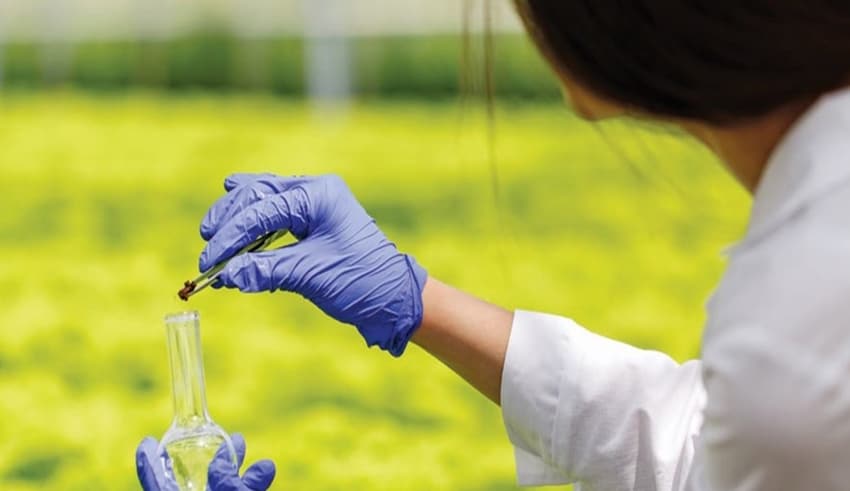
Last updated on May 6th, 2021 at 07:14 am
Thailand embraces the Bio-, Circular- and Green Economy (BCG) model as a path to more sustainable growth, which will be marked by more jobs , higher incomes for people and an environmentally friendly society.
Focusing on using technology to further improve the market values of agri-business goods and the service sector and turning into an environmentally-oriented economy, BCG creates substantial business opportunities in Thailand while encouraging people to take decisive action against climate change.
Thanks to its vibrant agribusiness industry, advancing biotechnology, distinctive service sector, growing awareness about environmental challenges and concrete government support, Thailand is well positioned to become a global investment destination for BCG.
A study by the Ministry of Higher Education, Science, Research and Innovation shows that the estimated value of activities in the BCG economy could grow from one-fifth at present to one-fourth of Thailand’s gross domestic products (US$ 137 billion)1 by 2025.
At present, the Thailand Investment Board (BOI) offers investment promotion incentives to a wide range of BCG activities, notably biotechnology, biochemical production, biogas and biomass energy generation, food and feed production, energy service companies (ESCO) and recycling plants.
Recently, the BOI has extended qualifying activities within the agribusiness sector to include investment ventures that apply plant factory technology. The improved incentive programs also cover related farming activities including the construction of silo and cold storage rooms, the production of animal feed and the development of agricultural products using technology to increase energy efficiency.
These incentives combined with the investment promotions previously offered by the BOI to investment projects that adopt smart farming technologies such as computerized seed testing and screening, drone planting inspection and the use of modern Agri-tech are among Thailand ‘s moves to push forward “precision agriculture” that will improve the farm sector ‘s competitiveness.
To further help the growth of Thailand in R&D, the government has launched a strategy to nearly double the country’s R&D investment to 2 per cent of gross domestic product by 2027, compared to 1.1 per cent in 20193.
To further aid Thailand ‘s growth in R&D, the government has launched a strategy to nearly double the country’s R&D investment to 2% of gross domestic product by 2027, compared to 1.1% in 20193.
Meanwhile, the Ministry of Higher Education, Science, Research and Innovation has reoriented Thailand’s tertiary education curricula to ensure that graduates are equipped with skills that suit business demand , especially for the industries identified as the new sources of growth for the country, including BCG4.
Thailand pursues the goal of being the leader in the BCG economy or the “Bio Center” of the ten-member Association of South East Asian Nations ( ASEAN) by 2027, with a strategy to enhance competitiveness in industries that underpin development , especially in the food, biochemistry and health and wellness sectors.























